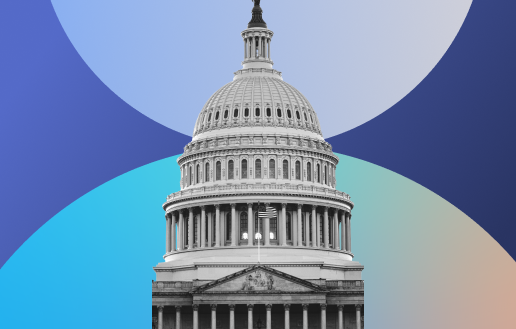Policy in Action: Strategic Litigation that helps govern AI

CHT is currently supporting groundbreaking litigation against Character.AI and Google. This case aims to set precedent for how our legal system responds to harmful AI products, and how AI is broadly regulated.

